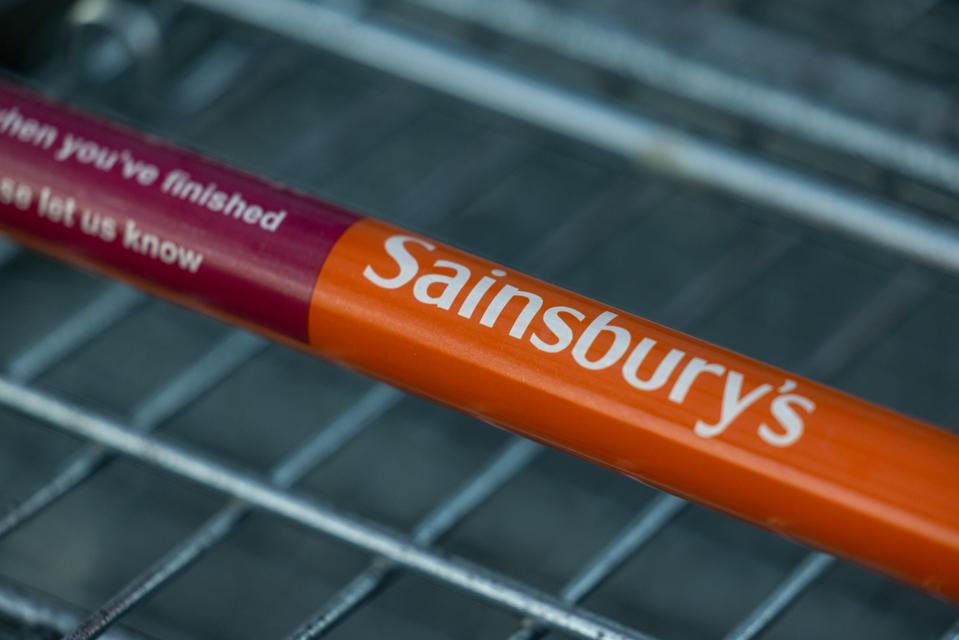Shares in Sainsbury’s edged higher on Thursday as it announced retail operating profit north of £1 billion for the first time last year.
Sainsbury’s – the UK’s second-biggest supermarket – saw its share price rise 3.3% in pre-Easter trading, to 256.2p.
Group sales (excluding fuel) rose 3.1% to £31.6 billion during the 52 weeks to 1 March, it said. This was driven by a 4.2% revenues increase across the Sainsbury’s store network and website, to £26.6 billion.
Grocery revenues increased 4.5% year on year, while general merchandise (GM) and clothing sales here flatlined.
At Argos, its specialised GM division, revenues dropped 2.7% year on year, to £4.9 billion.
Strength at the core meant underlying operating profit from its retail operations breached £1 billion for the first time last year. This was a shade over the prestigious benchmark and up 7.2% from financial 2024.
Underlying pre-tax profit was up 8.6%, at £761 million.
Sainsbury’s said that “we have delivered a record-breaking year in grocery, outperforming the market every quarter for a second consecutive year and making our biggest market share gains in more than a decade as more customers come to Sainsbury’s for their big trolley shop.”
Profits Tipped To Stagnate
Retail cash flow came in at above the company’s £500 million target, at £531 million. This encouraged it to hike the full-year dividend 4% year on year, to 13.6p per share.
Sainsbury’s also announced plans to return £250 million in cash through special dividends in the second half of the current financial year. This is in addition to repurchasing “at least” £200m of its shares.
For financial 2026, Sainsbury’s said that “we expect to continue to grow grocery volumes ahead of the market and we have started the year with good trading momentum across all our brands.”
However, it said that retail underlying profit will remain static at around £1 billion.
Planned Expansion
Chief executive Simon Roberts commented that “we’ve transformed our business over the past four years [and] more people are choosing Sainsbury’s for their main grocery shop as a result, delivering our highest market share gains in more than a decade.”
He said Sainsbury’s had invested £1 billion to lower prices over the period, noting that “we’ve expanded Aldi Price Match to more products than ever before in addition to offers on more than 9,000 products with Nectar Prices.”
Roberts added that “our belief in the strength of Sainsbury’s offer has driven our decision to make our largest investment in expanding our store space in over a decade as we open supermarkets in key new locations and extend food space within many of our existing stores.”
The retailer said it had acquired 14 sites from Homebase and Co-op for new store for new store locations. It plans to open 15 new supermarkets in during financial 2026, and to add an additional 25 convenience outlets to its portfolio over the next two years.
Solid Results
Russell Pointon, analyst at Edison, commented that the company’s full-year numbers “are a confident flex in an increasingly brutal grocery battle,” noting that “the push on loyalty, Nectar Prices, Aldi Price Match, and record customer satisfaction, shows the value message is finally landing.”
He added that “outside food, it’s slightly patchy with Argos sales slipping… but with better momentum in quarter four, it couldn’t move the needle for the year.”

